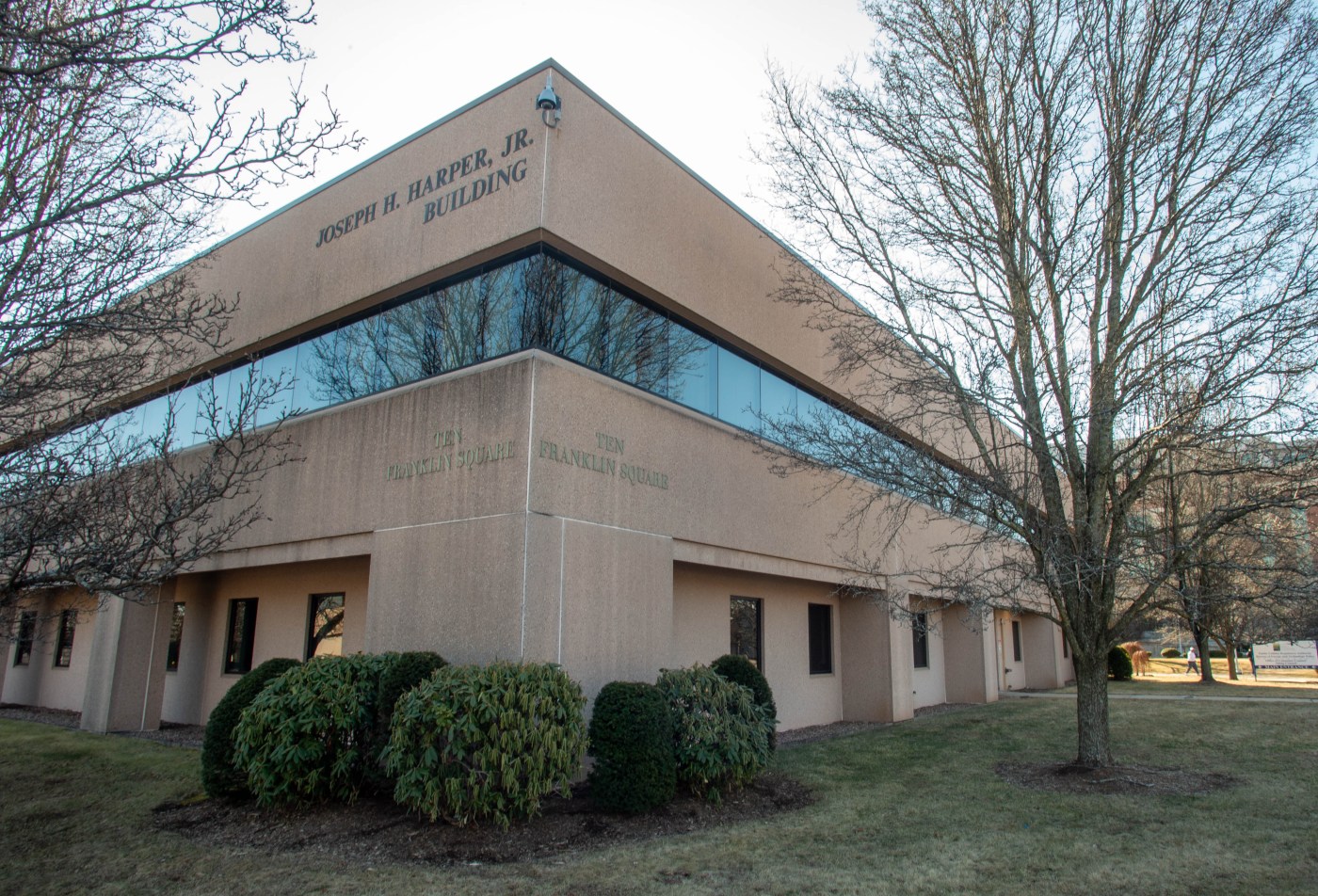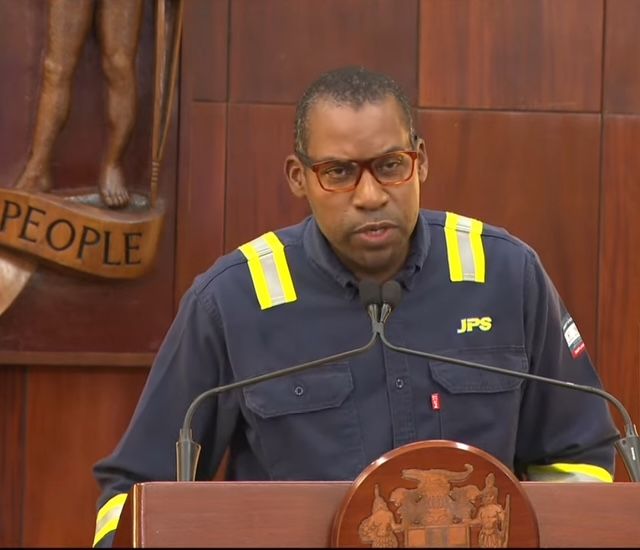Connecticut’s Governor, Ned Lamont, faces increasing pressure to take action regarding the alleged toxic work environment at the state’s Public Utilities Regulatory Authority (PURA). Following a series of damaging allegations about the agency’s internal culture, residents and former employees are calling for a thorough investigation and reform.
According to a recent letter published in the Hartford Courant, David Walpole, a resident of Glastonbury, voiced his concerns after years of observing PURA’s operations. He described the agency’s work conditions as having deteriorated significantly, crossing the line from what could be considered a mere “personnel matter” to a more serious issue that demands the attention of state leadership.
Call for Accountability and Reform
Walpole argues that the situation at PURA is indicative of a broader failure in governance. He insists that it is time for Governor Lamont to move beyond passive responses and actively engage in reforming the agency. “As Connecticut’s chief executive officer, it is time for Governor Lamont to arise from his folding lawn chair and finally undertake substantive executive actions to clean up The House of PURA,” he stated.
The issues at PURA have not only raised concerns about employee morale but also about the agency’s effectiveness in regulating utilities in the state. Critics argue that a toxic work environment can lead to poor decision-making and inefficiency, ultimately affecting the quality of service provided to Connecticut residents.
Reports suggest that employees have faced harassment and intimidation, contributing to a culture of fear rather than one of collaboration and openness. As these allegations gain traction, the pressure is mounting on the governor to respond decisively.
Public Sentiment and Expectations
Public sentiment is shifting, with more residents expressing dissatisfaction with how the situation has been handled. Many are calling for a comprehensive review of PURA’s practices and leadership. The governor’s inaction could potentially lead to a loss of public trust in state agencies responsible for critical services.
As the state grapples with these challenges, the need for transparency and accountability has never been more essential. Connecticut residents are looking for assurance that their leaders will prioritize the well-being of public employees and the integrity of state operations.
As this situation develops, all eyes will be on Governor Ned Lamont to see if he takes the necessary steps to address the troubling environment at PURA and restore faith in the agency’s mission. The future of effective governance in Connecticut may well depend on his response.







